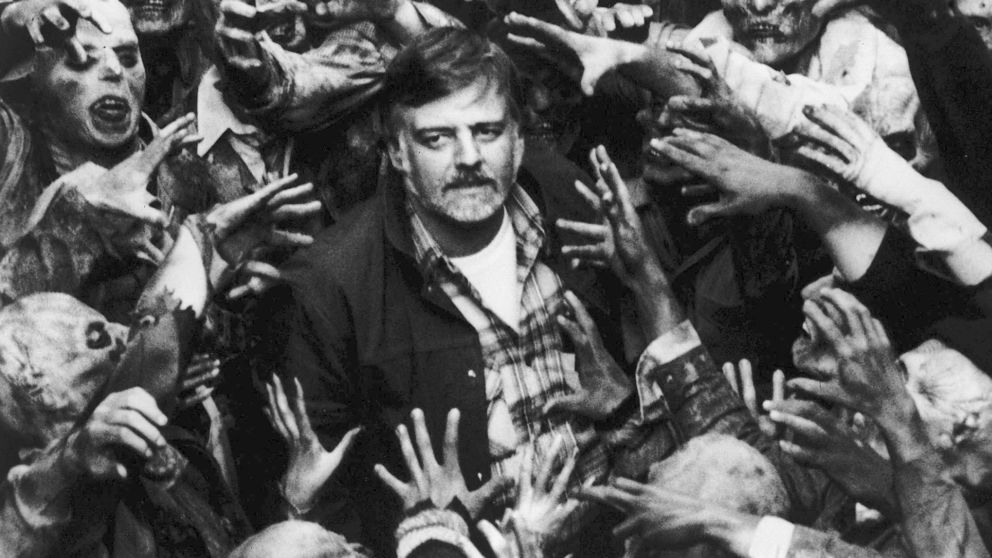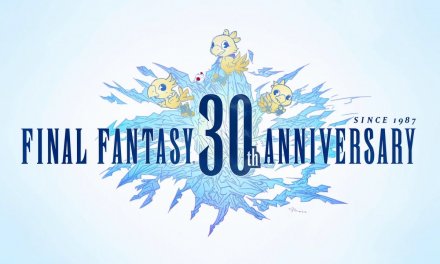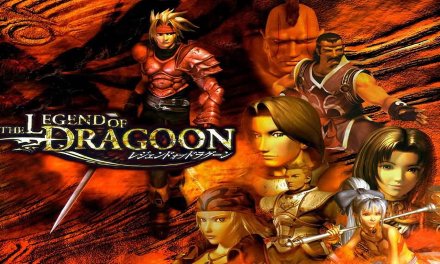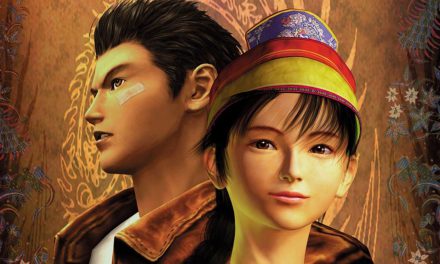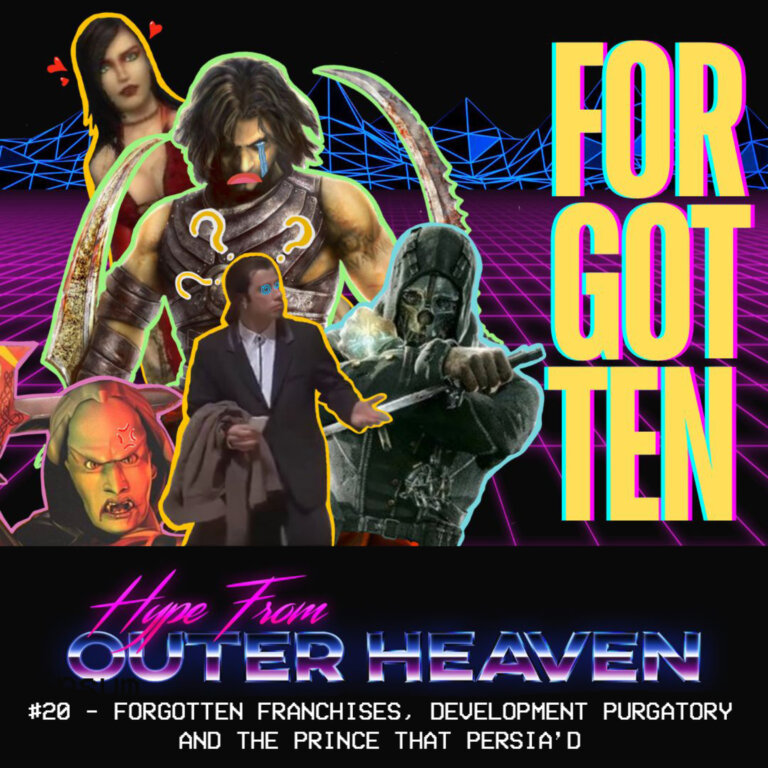“When there is no more room in Hell, the dead will walk the Earth.”
The 16th July 2017 was a sombre day for horror fans worldwide, as the Godfather of the modern zombie genre: George A. Romero died in his sleep after a short (but aggressive) battle with lung cancer. Known for his satirical vision of modern society, Romero’s ‘of the Dead’ anthology spawned an entire sub-genre of horror, with it crossing into numerous mediums of entertainment, ranging from comic books to video games to television. February 4th marks George Romero’s 78th birthday, and as a tribute to the big man himself, I’ll be covering what I consider to be the top 10 ‘best’ zombie video games of all time (I use the term ‘best’ very loosely).
Zombies; If there’s one sub-genre of horror that has been done to death (pun intended) it’s zombies. While popular today thanks to the likes of AMC’s The Walking Dead, the true origins of the modern zombie are often masked over, dating back even further than one would initially think. Pre-1968, the term ‘zombie’ was largely attributed to Haitian folklore; mindless reanimated slaves being controlled by a voodoo priest, appearing as such throughout cinema sporadically between the 1930’s and 60’s. However, this changed in 1968 when George A. Romero released Night of the Living Dead, which would change the textbook definition of the ‘zombie’ forever. While not referred to as such in the 1968 cult classic, zombies were changed from their initial origins, as the term was coined by fans to refer to the undead shambling corpses with a hunger for human flesh found in the movie. Following the cult success of Dawn of the Dead and Day of the Dead, the modern zombie was enshrined forever in popular culture, where it remains unchanged to this day.
Of all mediums that have contributed to the rise of the modern zombie in popular culture, none have been quite so prolific as the video games industry. Since 1984 with the re-release of Zombie Zombie for the ZX Spectrum, and the widespread acclaim surrounding 1996’s Resident Evil (which also marked the birth of the survival horror genre) zombie themed video games have been coming out at a steady pace, with differing levels of quality. While seen as the godfather of the modern zombie by myself and many others, George A. Romero himself attributes the recent success of zombies in pop culture to video games, stating in an article with The Telegraph in 2013 that he “used to be the only guy in the playground. Now, my God. I do think the popularity of the creature has come from video games, not film.” Regardless of the source however, Romero will always be remembered as the godfather of the modern zombie as we know it today; his ‘of the Dead’ anthology spawned an entire sub-genre of horror, changing the very face of zombies in cinema. Sadly, on the 16th July 2017, Romero succumbed to lung cancer, surrounded by his family while listening to the score of 1952’s The Quiet Man, which was one of the directors favourite films. Today (February 4th) marks the big man’s 78th birthday, and as a tribute to one of cinema’s most influential icons that got me into horror movies from a young age, I’m going to go over what I consider to be the ten best zombie video games ever made (again, I use the term ‘best’ very loosely) and in an attempt to keep things fair I’ll only be featuring titles that I’ve actually played.
10. Cold Fear
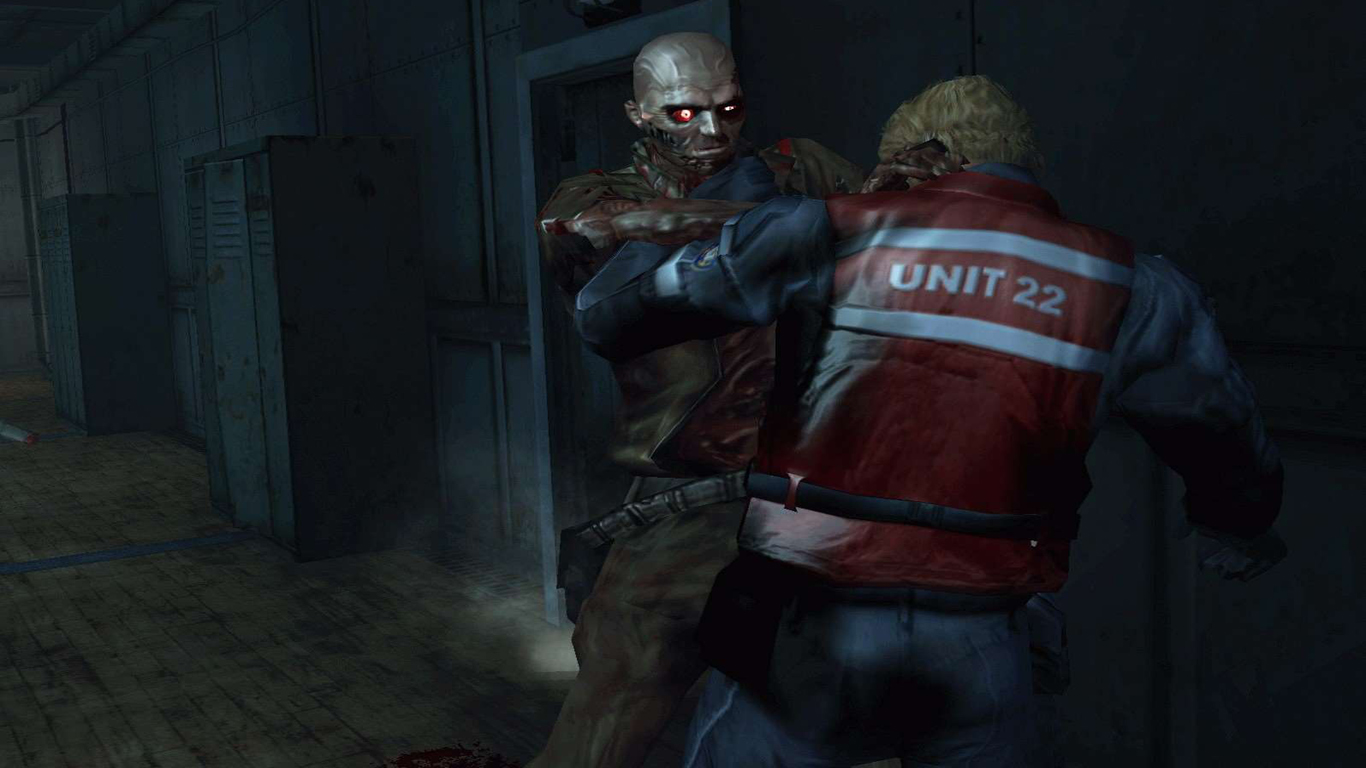
Developer: Darkworks S.A.
Publisher: Ubisoft
Platform(s): PS2, Xbox, Microsoft Windows.
Initial Release: March 15th 2005
While the enemies found within are not ‘zombies’ in the traditional sense, the exomutants found in Darkwork’s 2005 Cold Fear were a modest attempt at trying to ramp up the scare factor in an oversaturated market. Cold Fear was a pretty standard third person action-horror, but presented a number of unique mechanics such as a swaying boat out at sea (waves can be enemies too) and a system where enemies would only stay down if executed via a headshot, something that wasn’t seen in many zombie games at that point in time. While It could be argued that the game’s failings were due to the fact that Resident Evil 4 released in January of the same year, Cold Fear’s mechanics were largely the same (albeit less refined) with the game boasting one of the worst control schemes seen in a video game to date. Regardless of its failings I’ve always seen Cold Fear as the video game manifestation of a B Movie horror flick; the overall production is cheesy and downright painful to watch at times, but you still can’t help but like it somehow.
9. House of the Dead II
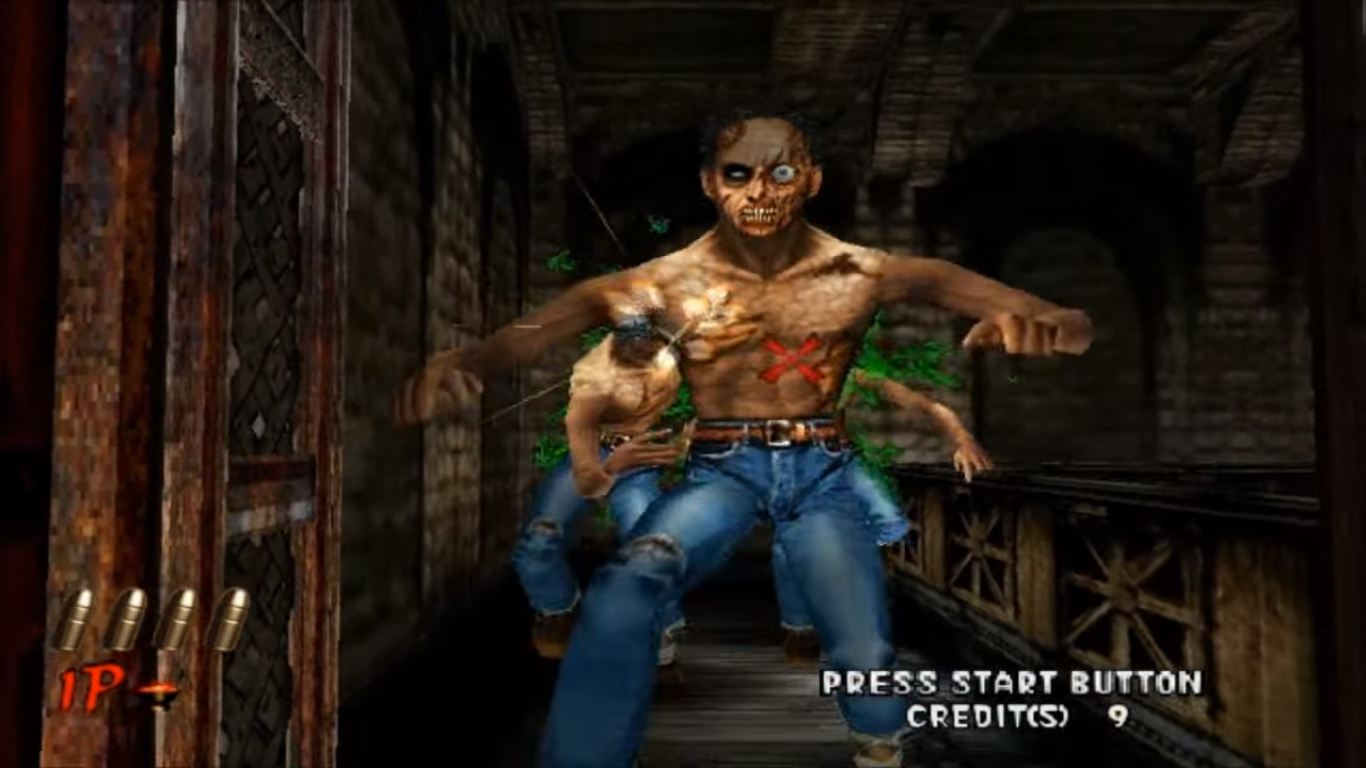
Developer: Wow Entertainment
Publisher: Sega
Platform(s): Arcade, Dreamcast, Microsoft Windows.
Initial Release: November 1998
At a time where the likes of Time Crisis 2 made light gun arcade machines more popular than sliced bread, the House of the Dead series was at its peak. House of the Dead II mixed up the formula of the first game by adding branching paths, enhanced graphics as well as a kick ass soundtrack. Initially released in arcades in November 1998, the game would be re-released as a Sega Dreamcast launch title in 1999 as well as subsequent ports for the PC and Xbox (the latter being an unlockable in House of the Dead III). While the rail shooter genre is pretty much dead in this day and age, the hilarious enemy design and horrendously bad (so bad it’s good) voice acting found in House of the Dead II arguably made it the fan favourite that it is today.
8. Dead Rising
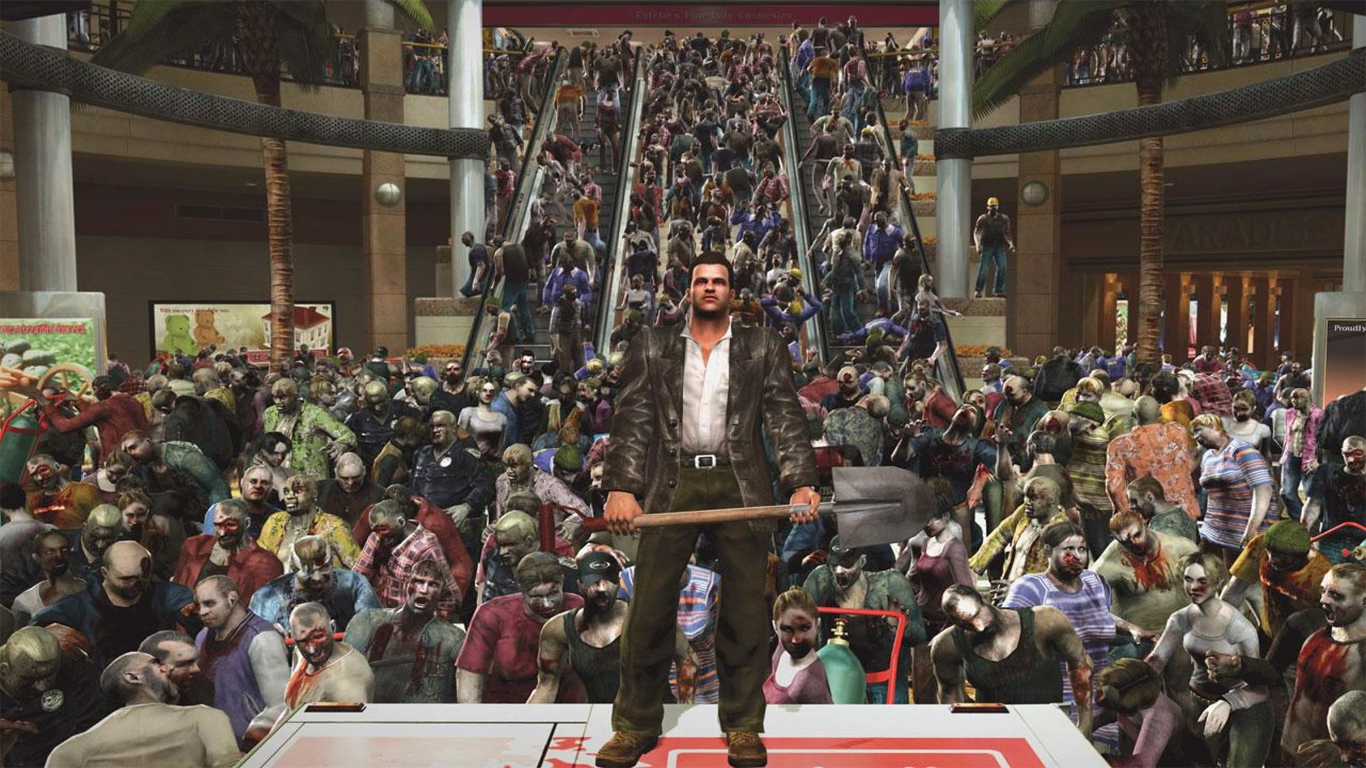
Developer: Capcom
Publisher: Capcom
Platform(s): Xbox 360, Microsoft Windows, Xbox One, PS4.
Initial Release: August 8th 2006
If there was one game that was heavily inspired by zombie movies, it would be Dead Rising. Much like in George A. Romero’s Dawn of the Dead, Dead Rising follows a zombie outbreak in a shopping mall with protagonist Frank West fighting off the undead hordes with whatever he can lay his hands on (quite literally). Dead Rising also featured some impressive game mechanics when it released in 2006, allowing up to 800 enemy NPC’s to be on screen at any given time, nailing down the aesthetic of a large scale pandemic. Over the top with its gore and even more so with its boss design, it’s abundantly clear as to why the Dead Rising series has gone on to be as successful as it has (even if it has gotten cheesier as it’s got older).
7. Zombi
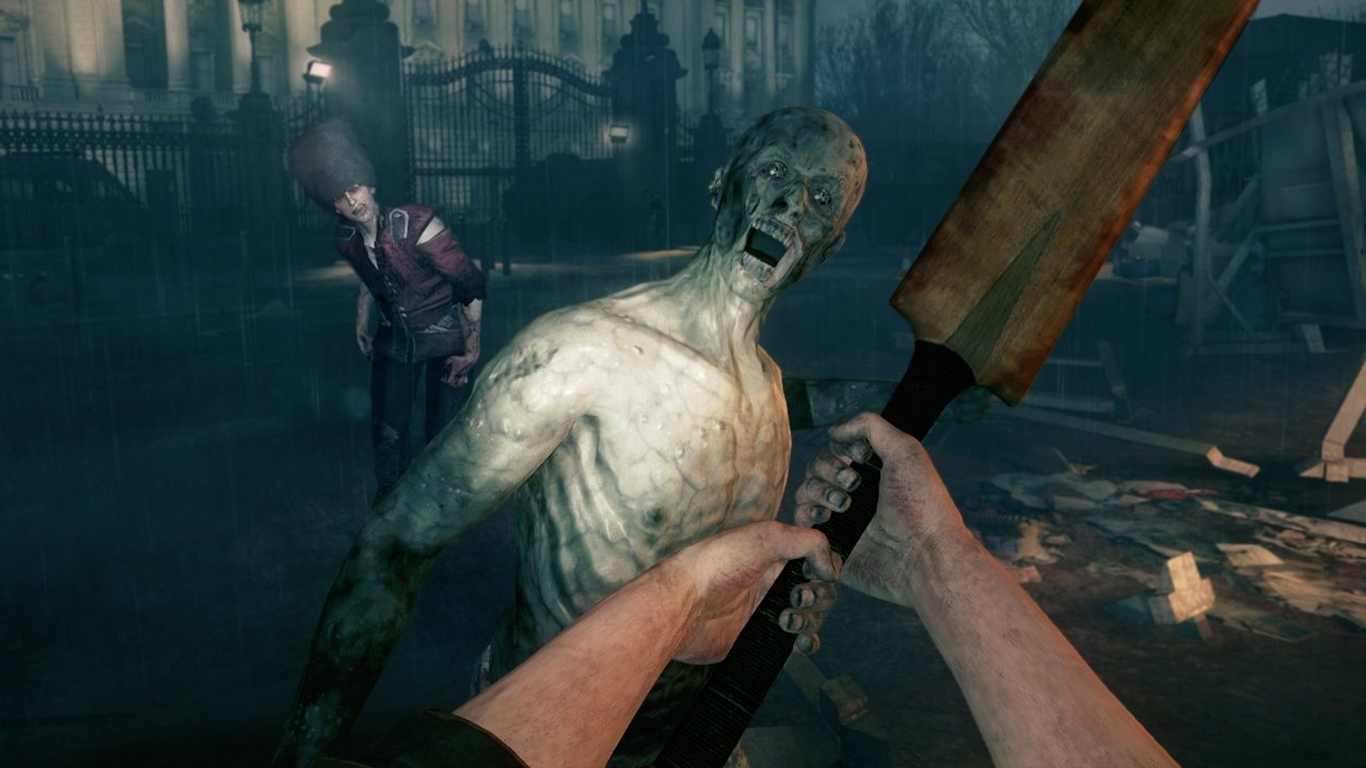
Developer: Ubisoft Montpellier
Publisher: Ubisoft
Platform(s): Wii U, Microsoft Windows, PS4, Xbox One.
Initial Release: November 18th 2012
Being one of the few zombie games set in the United Kingdom, Zombi pulls no punches when going for full on, white-knuckle survival horror. The game takes place during 2012 (right in time for the end of the Mayan calendar) and sees a randomly generated protagonist search for a cure to the infection with the help of a mysterious benefactor known only as ‘The Prepper’. The player can make use of both melee weapons and firearms, with the latter drawing the undead out if used too frequently. Originally titled ZombiU (the game was a launch title for the WiiU) the game released on PS4 and Xbox One on August 8th 2015, and still remains as one of the best zombie survival experiences to be found on the eighth generation of consoles.
6. Dying Light
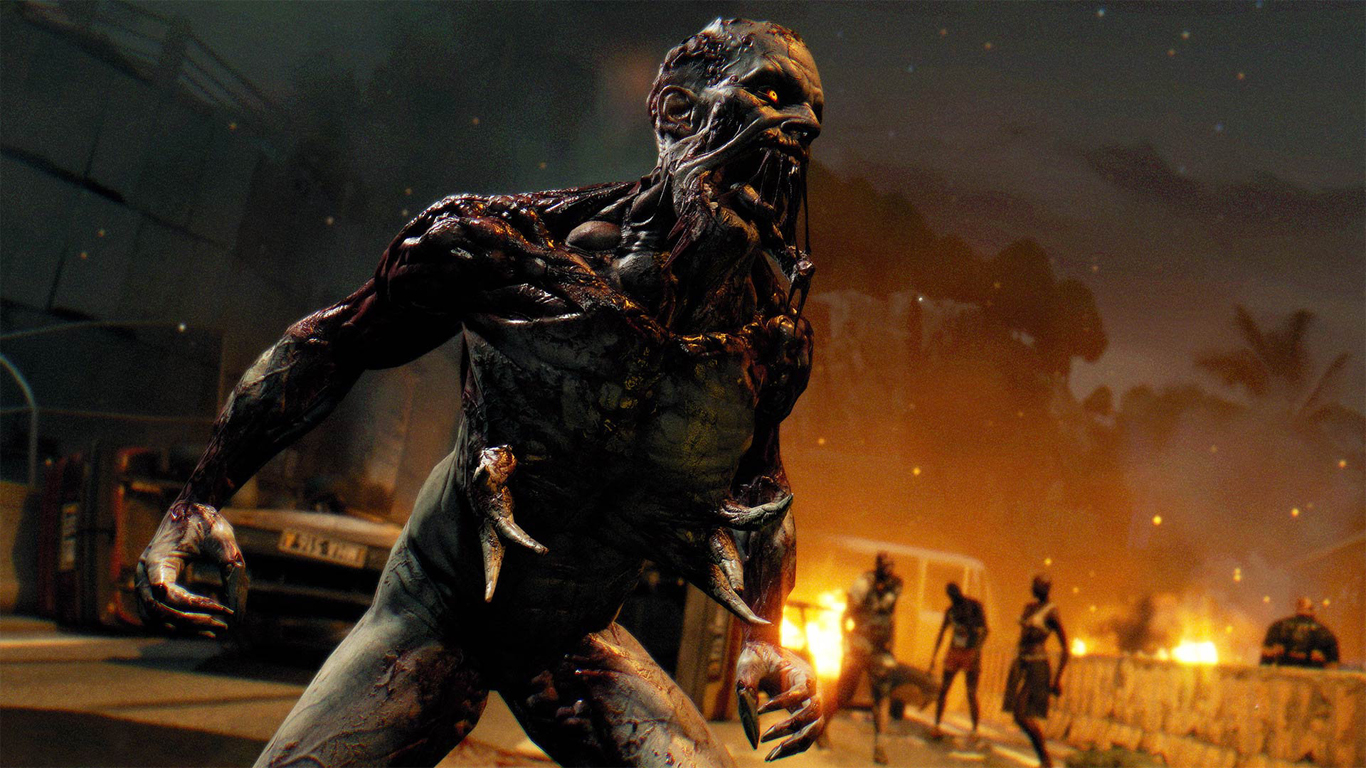
Developer: Techland
Publisher: Warner Bros. Interactive Entertainment
Platform(s): PS4, Xbox One, Microsoft Windows.
Initial Release: 27th January 2015
Being the spiritual successor to the abysmal Dead Island series, developer Techland wanted to move far away from their original IP, taking a more grim and surreal approach when it came to Dying Light. Half parkour simulator, half hack and slash, Dying Light has just as many new elements to it as it does classic ones, with the standout feature being the in-depth day and night cycle. By day the shambling masses are relatively easy to avoid, and even easier when it comes to bashing in their skulls with a socket wrench; however, by night the masses are joined by creatures straight out of nightmares: the Volatiles who are all Olympic parkour runners to boot. With a year’s worth of post launch content, and the release of The Following expansion on the 9th February 2016, Dying Light is a pretty feature rich and content packed game, well worth the dive if you’re looking to get your hands bloody!
5. Resident Evil: Outbreak
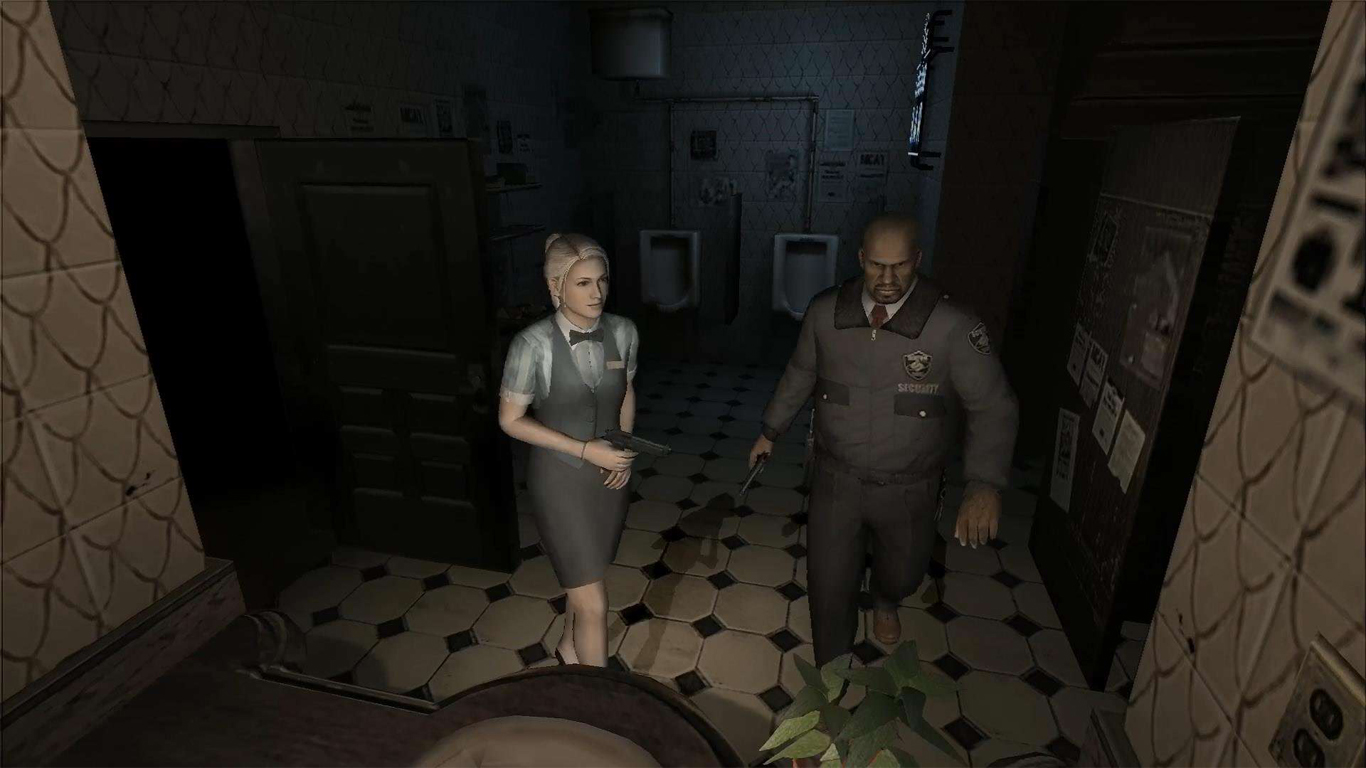
Developer: Capcom
Publisher: Capcom
Platform(s): PS2
Initial Release: December 11th 2003
Set during the events of Resident Evil 2 and Resident Evil 3: Nemesis, Resident Evil: Outbreak follows 8 normal survivors who are right at the heart of the Raccoon City epidemic. Holding onto all of the survival horror tropes laid out by the original trilogy, Resident Evil: Outbreak set itself apart by being the first Resident Evil title to be fully co-op online with up to 4 players. Broken up into 5 scenarios, and featuring an in game timer in the form of an infection percentage meter, Resident Evil: Outbreak moved away from the usual RE formula, creating a devilishly fun co-op experience while still maintaining its identity as an entry in the series. Unfortunately the official servers went offline in 2007, making online co-op no longer possible outside of Japan; I still have fond memories however, that won’t be going anywhere anytime soon!
4. Left 4 Dead
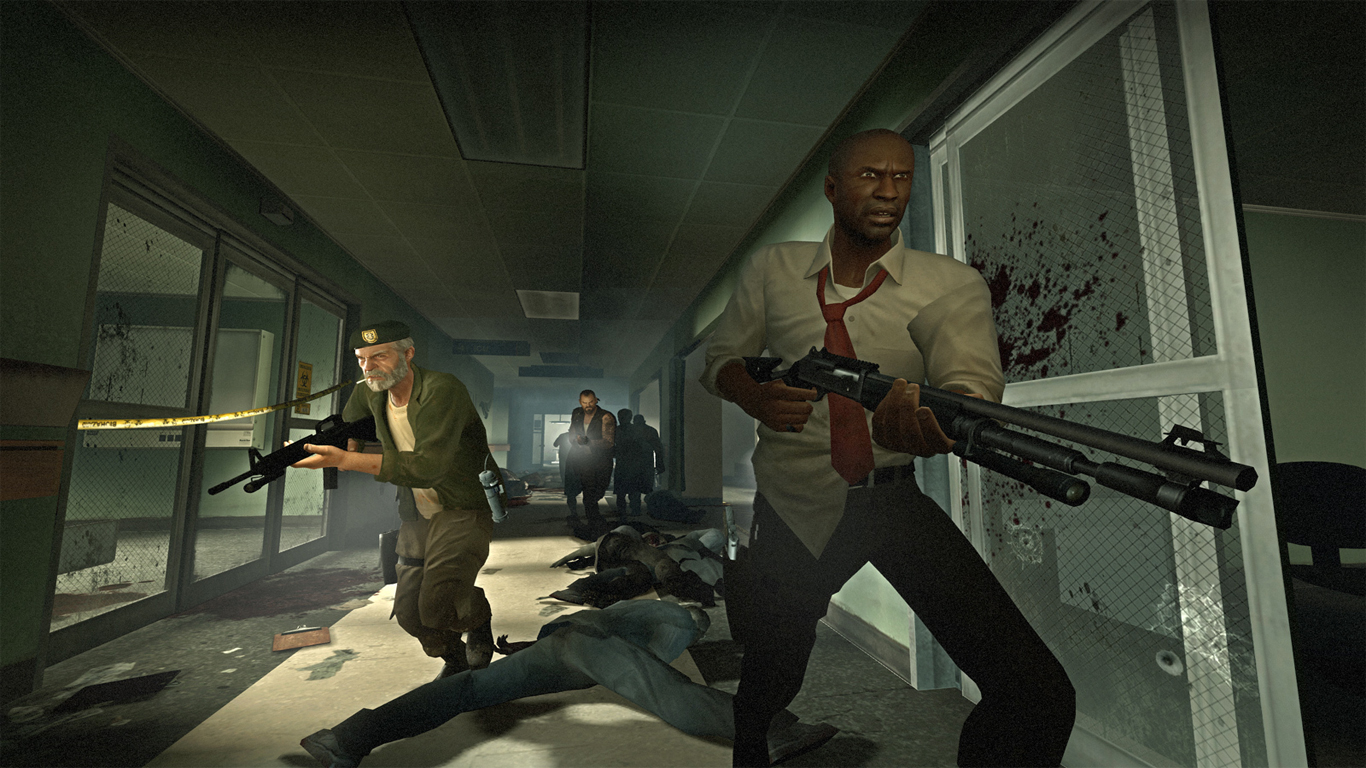
Developer: Valve South
Publisher: Valve Corporation
Platform(s): Microsoft Windows, Xbox 360.
Initial Release: November 17th 2008
Quite possibly the main reason to have owned an Xbox 360 in 2008, Left 4 Dead released to widespread acclaim from critics and gamers alike. Featuring a plethora of modes where the player (or up to 4 players co-op) face off against never ending hordes of the undead across the games multiple campaigns. Featuring an AI controlled ‘Director’ that controls the flow of infected, special enemies and items depending on the players current situation, Left 4 Dead had an amazing amount of replay value keeping the title fresh for many years after its release. With all the improvements made in Left 4 Dead 2 (and all of the campaigns from the first title ported over) you owe it to yourself to jump on a PC and give the game a whirl at some point, you won’t be disappointed!
3. The Walking Dead
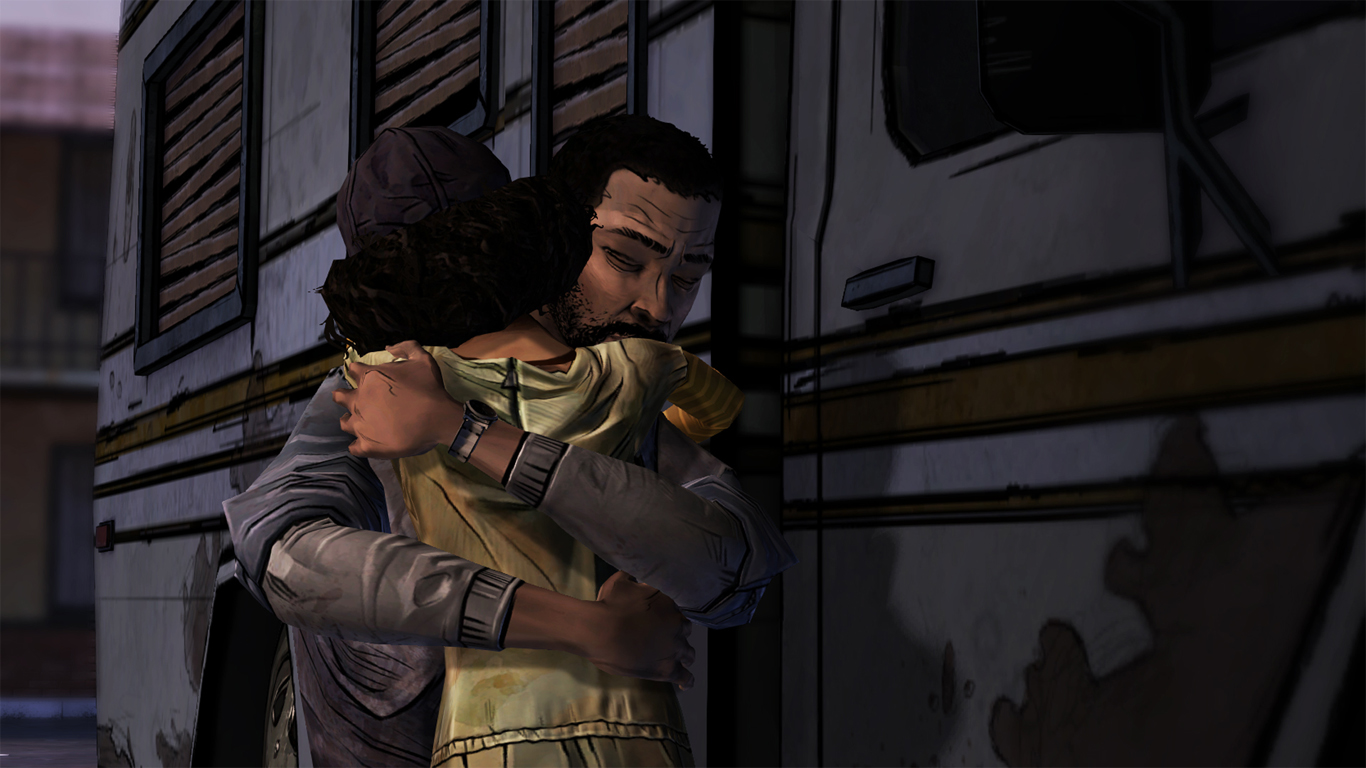
Developer: Telltale Games
Publisher: Telltale Games
Platform(s): PS3, PS4, Xbox 360, Xbox One, Microsoft Windows, various handheld.
Initial Release: April 24th 2012
While Romero was quite open about his dislike for AMC’s The Walking Dead stating that the show was nothing more than a “soap opera with a zombie occasionally”, the popularity of the series is one that cannot be denied. This popularity transitioned into video game format with Telltale Game’s The Walking Dead which follows survivors Lee Everett and Clementine as they try and survive through the midst of a zombie apocalypse. While there is nothing worthy of note in the gameplay department, the game excelled at bringing forward an ‘interactive narrative’ that was capable of making the toughest son of a bitch bawl like a 10 year old girl watching Bambi by the time it reached its conclusion. Now 4 seasons in, I think that many would be in agreement with me that the Telltale series has surpassed its TV counterparts in many ways. Worth playing for its narrative alone, just remember to have a box of tissues on hand (for fear of catching the zombie infection, obviously *sniff*).
2. The Last of Us
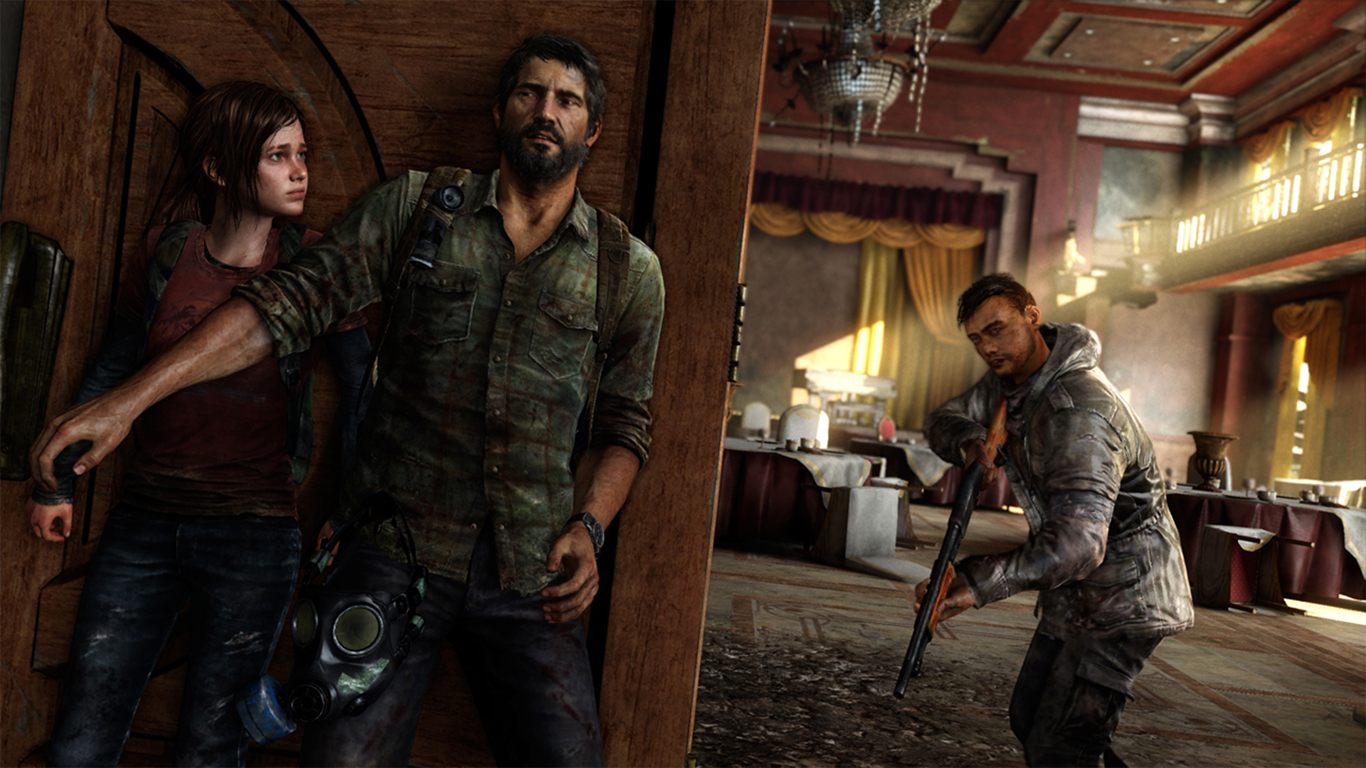
Developer: Naughty Dog
Publisher: Sony Computer Entertainment
Platform(s): PS3, PS4.
Initial Release: June 14th 2013
Being one of the most highly regarding PlayStation exclusives of all time, The Last of Us completely broke the mould when it released in 2013, garnering universal acclaim from fans and critics alike. The narrative follows Joel, a hardened survivor of 25 years after the world has fell victim to a parasitic fungus called Cordyceps. Joel is tasked with bringing a fourteen year old survivor: Ellie across the United States in a bid to find a cure for the infection, developing a father/daughter bond along the way as they traverse through the former shell of the world, facing off against hordes of infected and the equally terrifying downfall of civilization. Working perfectly in tandem with its tense stealth/combat gameplay, The Last of Us excelled at creating an experience that left many screaming for more. Thankfully The Last of Us Part II is on the not so far (yet distant) horizon, with many expecting a release date announcement at this year’s E3 show; watch this space as we should have some news soon!
1. Resident Evil 2
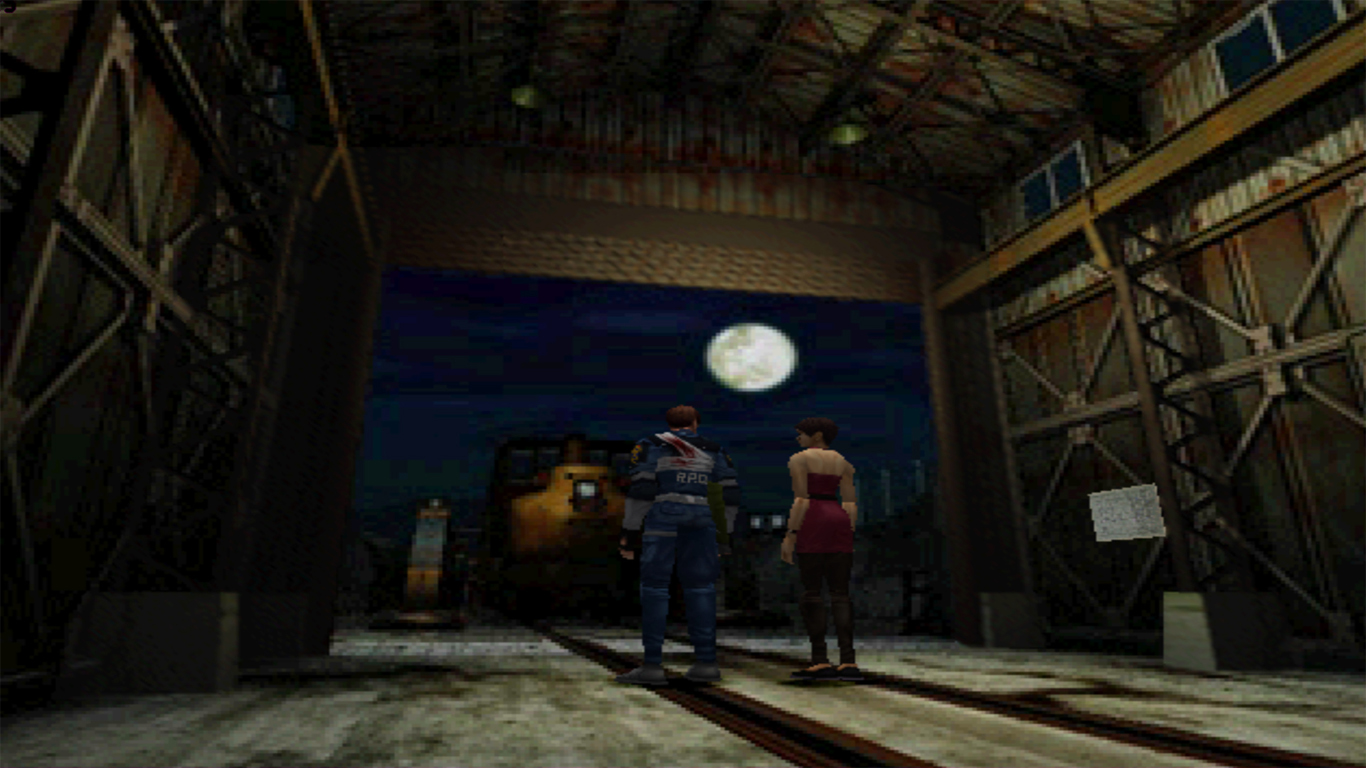
Developer: Capcom
Publisher: Capcom
Platform(s): Playstation, Nintendo 64, Dreamcast, GameCube, Microsoft Windows.
Initial Release: January 21st 1998
Resident Evil 2 had a bit of troubled development cycle in its earliest iteration, billed ‘Resident Evil 1.5’ which was scrapped 70% of the way through to focus on a more cinematic experience. However, the gamble paid off as Resident Evil 2 is widely regarded as the best entry in the series to date, mainly due to the game’s haunting atmosphere, sound design and it’s parallel scenarios for either character which play out differently when played in an alternate order (e.g. Claire A, Leon B). Resident Evil 2 changed up the formula in a number of ways that would eventually lead Capcom to announce in 2015 that the game would be getting the HD remake treatment (after years of fans begging them to do so). Unfortunately, progress has been pretty quiet since, and while Capcom has stated that the game is still in active development, they’ve missed a number of opportunities to cash in on the hype for the game, most notable being the original games’ 20th anniversary, which went by without so much as a peep on the 21st January 2018. Regardless of the delays, Resident Evil 2 stands as one of the earliest examples of survival horror done right, let’s just hope the remake lives up to its predecessors’ legacy.
That just about covers what I consider to be the best zombie games ever made; agree or disagree with my list? Let me know what you would change in the comments below.
Also for any Romero fans out there in the UK: Weekend of the Dead is the UK’s premiere Romero event run by fans for the fans. I had the pleasure of going last year and was able to meet a number of the actors from Romero’s movies over the years as well as a number of the production crew; definitely not one to be missed when it returns to Manchester on the 3rd and 4th of November 2018!

